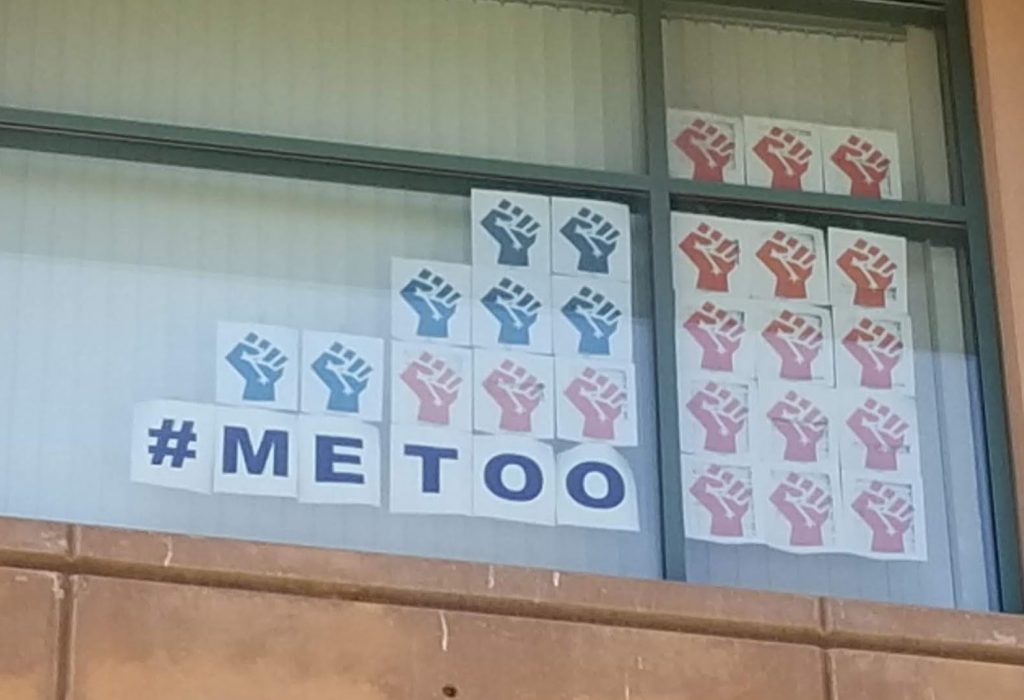Many people have wondered why I asked to be named publicly as a sexual harassment victim last summer. I did it as an act of faith. I believed that, if my colleagues were aware of the facts of my circumstances, they would help me when I needed it.
At the same time, I was unsurprised by the retaliation, threats, and fear for my family that I have lived with since. I had seen this happening to women who have preceded me in other public cases. I expected this when I asked to be named.
What I didn’t expect, and I’m deeply grateful for, is how many women would reach out to me to share their own stories, related or unrelated to mine. Moreover, of the women I’ve interacted with professionally in the past year who have been aware of my cases, most have volunteered their own experiences with bullying, sexual harassment, or sexual assault. Most women. This may seem shocking to some, and I wish it were not the case. Nevertheless, it is true.
I feel a responsibility to these women, especially now that I have heard their stories. I have done my best to rise to the occasion, but I am just one person. It has been immensely helpful that many, many people have come forward with support. This includes many people at UCI, including the School of Biological Sciences. I am grateful to all. I don’t feel alone. I feel like I’m just a part of something bigger. My faith in my colleagues has been upheld.
I also want to emphasize that the vast majority of my men colleagues have been very helpful. Some (including Dean LaFerla) have even taken personal risks or sacrifices to do so. I am not surprised by this. I knew that most men would help however they could. In our fields, this is particularly important, given that men hold the majority of faculty and leadership positions. They are in good positions to make science safer.
Recently, some men have reached out to me to ask for specific ways they can help. I am sending a few of my thoughts here:
-Please consider that it is likely that a majority of the women (and femme or nonbinary people) you work with have been doing science while dealing with this burden. Women of color are especially affected. Please have empathy with these groups, especially while advising students, discussing faculty merit cases, or interviewing job candidates. I could take the risk to speak out, because I have tenure and was Departmental Chair. Not all women in science are in that position. They may be dealing with challenges you are unaware of.
-You can be an ally for women by intervening if you witness inappropriate behavior. Even simply saying “wow…” if you hear a colleague say something inappropriate can be very helpful. If nothing else, it lets the woman know that she is not alone.
-If one of your women colleagues shares a story with you, you can be supportive by listening with empathy. You could thank her for sharing it. You could tell her that you support her, that what happened was wrong, and that she didn’t deserve it. She may want your help, or she may simply want to talk with you about it. In the latter case, just the fact that you are listening can be powerful.
I recognize that it is often difficult to know what to say in these situations. I can tell you from my own experience that every word of every expression of support from everyone who has reached out to me has been healing. I don’t expect anyone to do it perfectly. It just helps to know that one is not alone.
Thank you,
Kathleen
P.S. This goes double for Chancellor Gillman and Provost Lavernia. With all due respect, they both need to step it up.
